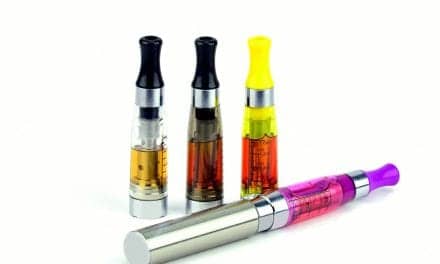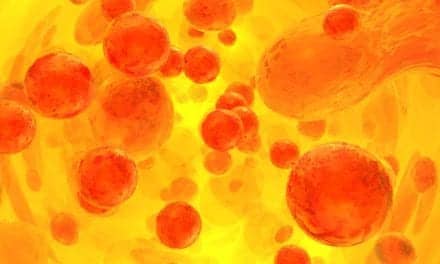The United States reported its highest coronavirus death toll in a single day on April 10, the same day it crossed 500,000 confirmed cases of COVID-19.
A total of 2,035 Americans died of COVID-19 on Apr 10, with 33,752 new cases reported. The total number of confirmed cases in the US now stands at 502,876, with 18,777 deaths. The US now accounts for 30% of all coronavirus cases worldwide, and 18% of fatalities.
The global coronavirus total stands at 102,800 deaths and 1,699,490 known cases spread across 180 nations.
China, which was the global epicenter of the coronavirus pandemic for most of three months, now has only the sixth-most COVID-19 cases, as Germany, France, Italy and Spain have all surpassed its case count. In fact, Spain now has the second-most number of cases, as it passed Italy as Europe’s epicenter.
Meanwhile, new US cases continue but a leveling-off of new infections reported in New York City in recent days has given some the hope that the US is nearing the apex of cases. Speaking at the White House Coronavirus Task Force briefing on Friday, task force coordinator Dr Deborah Birx said they are encouraged by some of the recent case data.
“You can see for the first time that the United States, we’re starting to level on the logarithmic data like Italy did a week ago. So this gives us great heart … that we’re starting to see that change,” Birx said, discussing the slowing rate of new coronavirus cases. “A lot of that is driven by the improvement in New York City.”
As the cases begin to level off, task force members are beginning to emphasize the necessity of antibody testing to determine how widely the virus has spread in the US.
“Within a week or so, we’re going to have a large number of [antibody] tests available,” Dr Anthony Fauci told CNN’s Alisyn Camerota on Friday. “As soon as they get validated, they’ll be out there to use.”
Health experts believe antibody tests, which can reveal who has been exposed to and developed immunities to COVID-19, can be part of the easing of social distancing restrictions when the time comes. They will also be a useful tool for healthcare workers to determine which have developed antibodies to the virus and are not a high risk of infection.
“As we look forward and prepare to open up the country, as it were, it’s important to understand how much that virus has penetrated society. One can formulate strategies about whether or not they would be at risk or vulnerable of getting infected. This will be important for healthcare workers and first-line fighters.”










